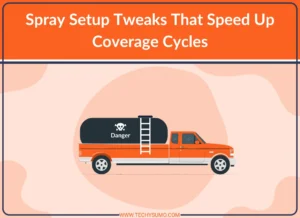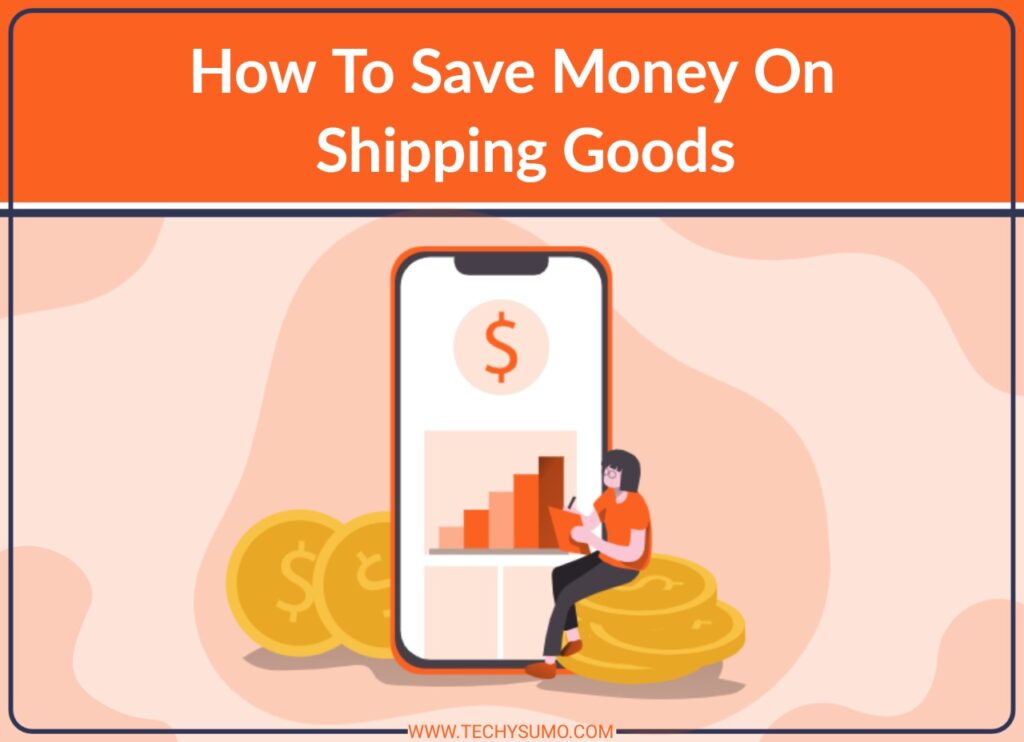How smaller ecommerce brands can scale? This question can be yours. If yes then this blog is just for you. Ecommerce stores are one of those things – they’re easy to get up and running, but they can be more challenging to scale and monetize on a regular, long-term basis.
Perhaps you’ve already started an e-commerce venture of your own, but you’ve found yourself stuck in a rut and you want to build momentum? With careful planning, marketing, and strategic automation. It’s possible to scale your business and make more sales. This Automation Anywhere course might just be the key to the success of your business. Here are some useful tips to help you grow your brand in the right direction.
Table of Contents
Tips To Follow For Scale Ecommerce Brand
Invest In Marketing
The online world offers us a plethora of different marketing channels, so if you don’t have some sort of marketing strategy already in place, you’re really missing out. Marketing should go hand-in-hand with everything you do, and there are plenty of ways to go about it, from email campaigns and social media to SEO and PPC.

- An important way to start is by collecting an email list. Be sure to include an opt-in feature on your website where potential customers can choose to hear from you. Remember, you should never send unsolicited emails where the recipient hasn’t given you permission. You can start using MailChimp, Drip, or Sendinblue to collect an email list.
- It’s definitely worth including a blog on your e-commerce website and publishing regular, shareable content that gives your store value beyond its sales pages. This will also help to position you as an authority in your industry
- Optimize your site for SEO to ensure that you’re showing up for the search terms relevant to your business. It can be a tricky marketing tactic to get right, but there is a wealth of information available. Be sure to do your keyword research using tools such as Google Keyword Planner to discover terms and related words you might not have thought of.
Embrace Technology

If you’re struggling to grow your business because you’re getting bogged down in repetitive daily tasks, then online tools could be the answer to many of your problems (more on automation later).
Payment
Your payment systems, inventory management and sales records should all be available to you with minimal fuss. Invest in e-commerce software that will help you manage to price, customer service (ZenDesk is popular), and inventory from day one.
Also Read
Website and Hosting
What’s more, as you scale you should also consider whether your web hosting will need upgrading, as you come to require more space and traffic allowance. This will be important to ensure your website is performing well and providing a good user experience.
Platform
Many e-commerce merchants just starting out choose to use a hosted, out-of-the-box solution such as Shopify, which doesn’t require a big upfront investment. It allows you to customize your own store and scale as you grow – and it also covers you if your website goes down. Later on, you may want to scale with a custom solution if you’re finding you have complex technology requirements.
Prepare To Scale Production

As you begin to scale your business, production can often pose one of the biggest challenges. For example, you may go from selling just one or two products to selling a variety in a range of different colors and sizes. These variables can put extra strain on your current production and order fulfillment capabilities.
Accommodating this growth can be a learning process, and you may make some mistakes along the way. If you’re smart, you’ll seek out expert advice and analyze your sales data from week to week, to identify patterns and avoid being totally overwhelmed. Your past purchasing trends may help to guide your production efforts as you grow. As an online business owner, you can have the benefit of Google Analytics and Google Search Console to make a decision by having a look at it.
Don’t be afraid to ask for help or advice from real-world businesses and entrepreneurs who have been through it all before. They may have encountered some similar experiences.
The lessons from which can be put to good use when you come to make the same moves yourself.
Create an Outstanding Customer Service Policy

Having a solid customer service policy in place is a must if you are planning on scaling your e-commerce business. This is especially important when it comes to how you deal with customer complaints. Because here is the thing: as you scale, you will very likely get them more often.
The more people you serve, the higher proportion of people you risk having an issue with your product. But if you can handle their complaints graciously and provide a quick resolution to their problem, you still have a chance to make them happy and keep them on your side. This is very important, as, in the age of social media, unhappy customers will freely flaunt their dissatisfaction with the world – and this is very bad for business. Particularly for a budding business that has not yet got into its groove.
Automate

As an e-commerce business owner, e-commerce automation is going to be your best friend – using computer software to manage your processes and improve efficiency all around. It also means removing the risk of human error, so your business runs semi-automatically. The more you can automate menial and repetitive tasks, the better. To automate your online e-commerce business, take a look at Zapier.
How To Automate Ecommerce Brand
- Copy and paste addresses from orders to labels
- Connect automatically with your payment system
- Send orders straight to a dropshipping supplier
- Print pre-addressed shipping labels
- Maintain record logs
- Create inventory lists
And much more. If you find yourself short of time because you’re spending it on small, time-consuming jobs, now is the time to automate as you scale.
Wrap Up
We know of many SMEs that have been boosted by e-commerce. It’s a growing industry, and an easy one to get involved in since the barriers to entry are low. But this does make it more competitive. By taking these five points into account, you increase your chances of scaling successfully, but it doesn’t all end here. You must seek to constantly improve, to ensure that your business stands out. And importantly, you must identify the time-saps in your day-to-day tasks and seek to reduce them where possible, in order to focus on the areas that really need your attention.
You may want to dominate your e-commerce business and scale with Social media like Instagram. Here are the best 8 Instagram tools to boost your e-commerce sales.






